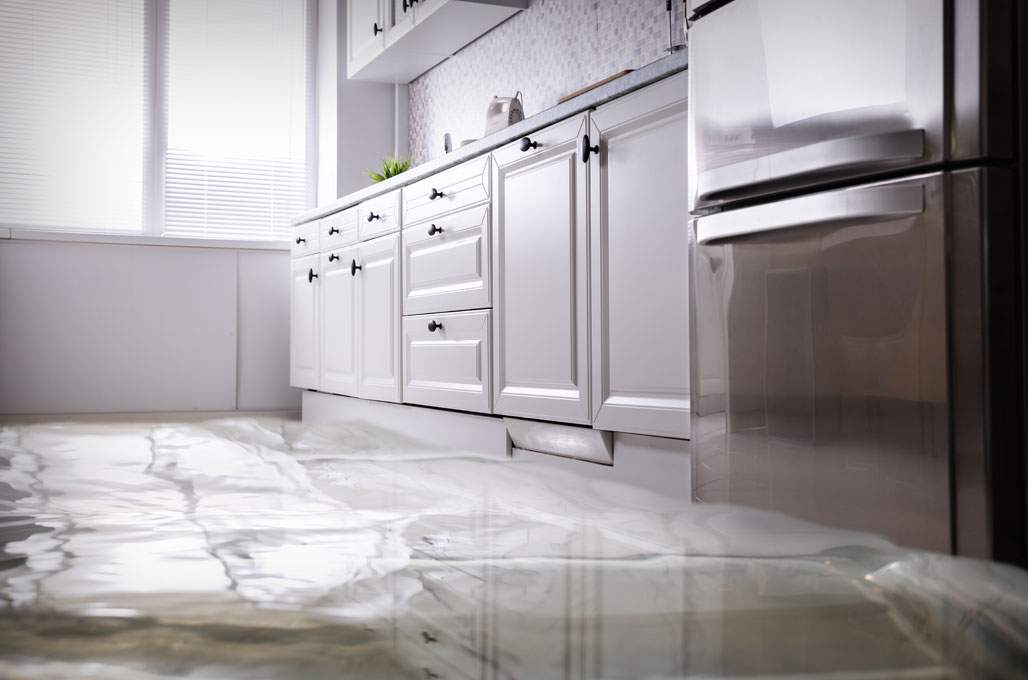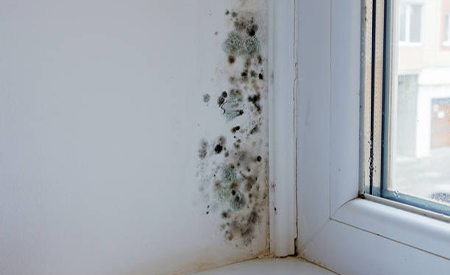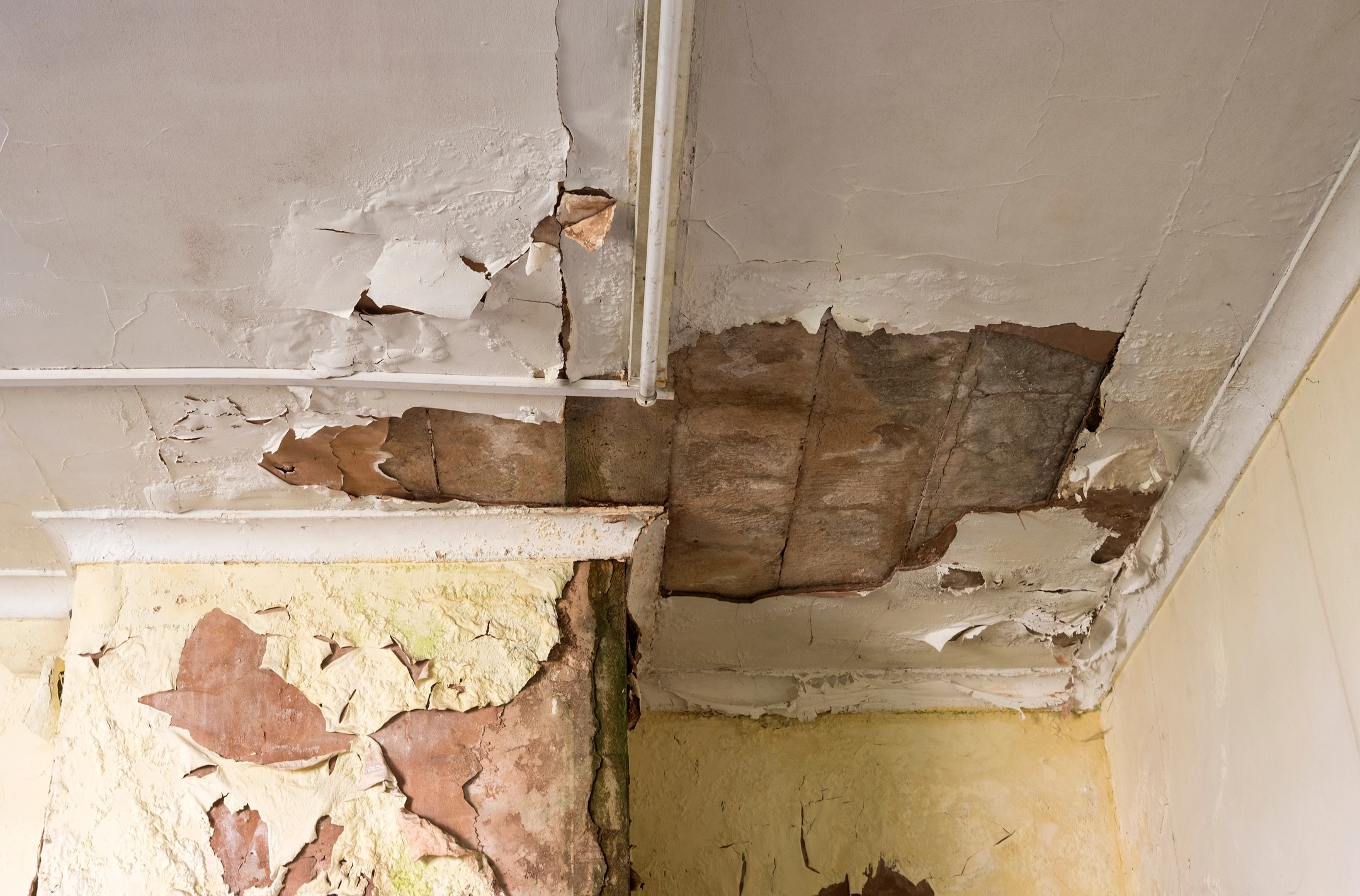The Process of Water Damages Clean-up: Ensuring Your Home Is Recovered Effectively
Water damages can be a difficult challenge for property owners, necessitating a careful and structured cleanup process to recover security and performance. At first, a detailed evaluation is crucial to recognize the level of the damage and establish the suitable removal steps. Following this, effective water extraction techniques play a crucial duty in minimizing more harm. However, the subtleties of drying, disinfecting, and ultimate remediation are equally crucial and usually forgotten. Understanding these stages can make a considerable difference in the end result of your home's reconstruction, motivating a closer take a look at what each action requires.
Analyzing the Damages
Upon discovering water damages, the primary step is to extensively evaluate the extent of the influence. This preliminary evaluation is crucial, as it assists identify the required steps for effective cleaning and reconstruction. Begin by checking the influenced areas, including walls, ceilings, floorings, and individual valuables, to determine the resource of the water intrusion, whether from flooding, leaks, or condensation.
Documenting the damages is vital for both insurance cases and intending repair initiatives - damage restoration services. Usage pictures and created notes to catch the severity of the damages, noting any afflicted structural aspects and products. Pay special attention to locations that may not be promptly visible, such as behind wall surfaces and under carpets, as concealed dampness can result in more issues, including mold development
In addition, analyze the timeline of the water direct exposure. Inevitably, a comprehensive assessment lays the groundwork for an effective water damage cleaning procedure, making sure that all impacted areas are dealt with efficiently and thoroughly.
Water Extraction Methods
Professionals typically employ completely submersible pumps for larger quantities of water, which can swiftly minimize flooding in cellars or other impacted locations. For smaller amounts, wet/dry vacuum cleaners are usually made use of to draw out recurring moisture from carpetings and tough surface areas. Furthermore, utilizing mobile extractors enables targeted elimination in restricted spaces or locations with delicate materials.
In circumstances of contaminated water, such as sewer or floodwater, progressed removal techniques might involve using biohazard tools to make certain safety and security and conformity with health guidelines. High-powered extraction tools are crucial in lessening water retention in architectural materials, which can lead to mold and mildew growth and architectural wear and tear if not resolved without delay.
Eventually, the performance of water removal techniques plays a crucial duty in the general success of the water damage cleaning process, laying the foundation for succeeding repair efforts.
Drying and Dehumidification
Once standing water has actually been effectively drawn out, the following crucial stage in the water damages cleaning process is drying and dehumidification. This action is important to avoid further damages and mold and mildew development, which can occur within 24 to 2 days in wet environments.
To attain effective drying, specific equipment such as industrial-grade air moving companies and dehumidifiers is used. Air movers flow air throughout wet surfaces, enhancing evaporation prices, while dehumidifiers reduce moisture levels in the air, promoting a helpful setting for drying out. The mix of these tools guarantees that wetness is drawn out from home furnishings, floors, and wall surfaces, allowing them to completely dry thoroughly.
It is very important to keep an eye on the drying out process closely. Experts typically make use of moisture meters to examine the wetness web content in different materials, making sure that all impacted locations reach acceptable dryness levels. This thorough method aids to stop concealed wetness pockets that could cause structural damages or unhealthy mold development.

Cleansing and Sanitizing
After the drying and dehumidification stage is full, the following important action in water damage cleaning is cleaning and sanitizing the affected locations. This procedure is vital to avoid the growth of mold and mildew, microorganisms, and various other pathogens that grow in damp settings.
The cleaning phase generally includes removing any kind of debris, link dust, and contaminants from surface areas using specialized cleaning agents. For tough surfaces, a combination of soap and water or industrial cleansing products is typically used. Soft materials, such as upholstery and rugs, might call for extra comprehensive cleaning methods, including vapor cleansing or deep removal techniques, to ensure detailed hygiene.

Disinfecting adheres to cleaning, making use of EPA-approved anti-bacterials to remove damaging microorganisms. This step is crucial, specifically in areas that may have come right into call with floodwaters or sewer, as these resources can position major health and wellness risks.
Furthermore, it is necessary to deal with any kind of staying smells, which might need the usage of smell neutralizers or innovative strategies like ozone treatment. Appropriate cleansing and sanitizing not just bring back the security and hygiene of your home however also prepared for effective remediation and repair services in succeeding phases of the water damages cleanup process.
Restoration and Repairs

As soon as the evaluation is total, reconstruction initiatives can begin. Additionally, floor covering may call for comparable interest, depending on the degree of water direct exposure.
It is important to involve knowledgeable restoration professionals throughout this procedure, as they have the know-how to handle complex repairs properly. They can aid mitigate prospective future issues, such as mold and mildew development or structural instability, hence ensuring a safe and habitable living environment. Ultimately, reliable restoration and repair services recover pop over to this web-site the home's stability and boost its overall worth.
Conclusion
Finally, the procedure of water damage cleanup is critical for restoring a home to its pre-damage condition. Each stage, from examining the damages to executing reliable water extraction methods, adhered to by complete drying out, sanitizing, and required repairs, plays a crucial role in making sure safety and conformity with structure requirements. Reliable implementation of view it these actions not just minimizes immediate damage however also enhances the lasting honesty and worth of the residential or commercial property.
Water damage can be a difficult difficulty for home owners, requiring a thorough and structured cleaning process to restore safety and performance. Eventually, an extensive assessment lays the groundwork for a successful water damage cleanup process, guaranteeing that all affected areas are resolved properly and completely.
Efficient water extraction methods are necessary in minimizing damages and preventing further issues following a water invasion occasion.In conclusion, the process of water damages clean-up is crucial for restoring a home to its pre-damage problem. Each stage, from examining the damage to applying reliable water removal methods, complied with by thorough drying out, disinfecting, and required repair work, plays an essential function in making sure safety and compliance with structure requirements.
Comments on “Trusted Water Damage Repair Services for Residential and Commercial Properties”